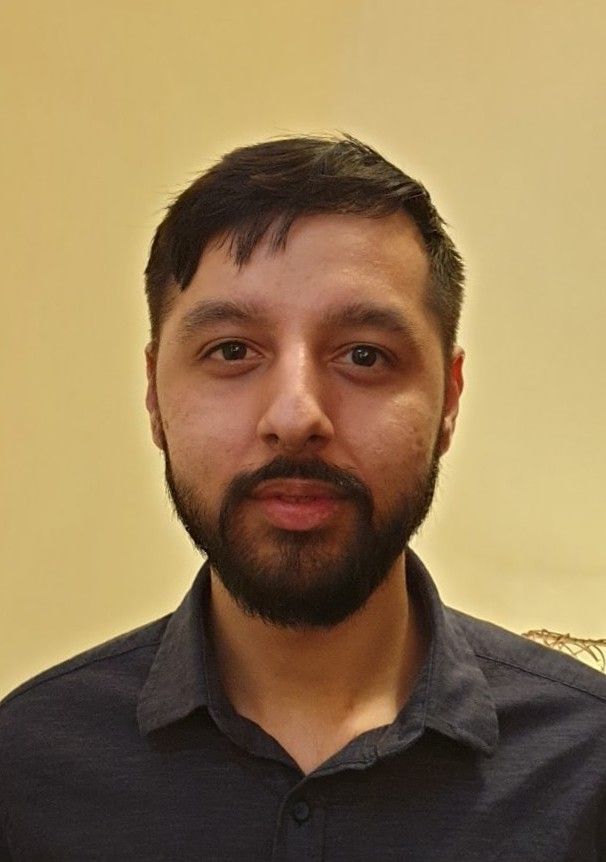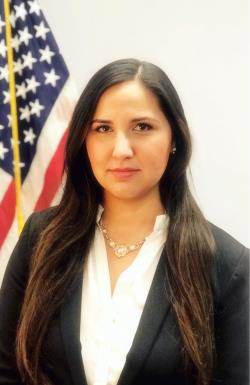The impact of technical standards on human rights in the case of digital technologies
Ministry of Foreign Affairs of the Netherlands
Session 172
The potential of technical standards to either strengthen or undermine human rights and fundamental freedoms in case of artificial intelligence systems and other emerging technologies
Emerging technologies have the potential to significantly impact the enjoyment of human rights and fundamental freedoms. Both governments and the private sector have a role in ensuring that the benefits of emerging technologies are harnessed, and the risks brought about by the design, development, deployment and the use of these technologies mitigated and remedied. This reality has also been recognized in UN resolutions, such as UNGA Resolution A/Res/78/213 on the Promotion and Protection of Human Rights in the Context of Digital Technologies.
Under the UN Guiding Principles, businesses have a responsibility to respect all internationally recognized human rights, avoiding infringing on the human rights of others and addressing adverse human rights impacts stemming from or linked to their business activities. This also extends to companies’ participation in the development and implementation of technical standards. At the same time, states have obligations to respect, protect and fulfil human rights, which applies to their involvement in standard-setting. As per the OHCHR’s report on “Human rights and technical standard-setting processes for new and emerging digital technologies”, technical standards reflect the interests, values and concerns of those participating in their elaboration, with crucial ramifications for human rights.
The session will consider strategies for integrating human rights concerns and safeguards into the technical standards development process, building on the interlinkages between the multi-stakeholder approach to the governance of the Internet and digital technologies and a human rights-based approach to such governance. These interlinkages were explicitly highlighted in the Outcome Document of the multi-stakeholder conference NETmundial+10, held in April 2024. The outcomes of this session are intended to be followed-up at a dedicated session, co-organized by the Freedom Online Coalition under the Chairship of the Netherlands, at the IGF in December 2024, pending acceptance of the proposal.
- In which areas can technical standards generate human rights impacts in the context of the Internet and emerging digital technologies? How can we build a better shared understanding of the nature and extent of human rights and technical standards linkages across diverse stakeholders and diverse organizations in the standards development ecosystem?
- What is the role of the private sector in ensuring emerging technologies are rights-respecting? How does this extend to technical standards development?
- What is the role of governments in developing and implementing technical standards around emerging technologies in a stakeholder-led standards ecosystem?
- What are possible ways to integrate human rights in standards development processes while maintaining an open, free, secure and interoperable global Internet?
- What are ways in which standards development organizations could lower barriers to meaningful participation to incorporate more civil society and human rights expertise in support of a strong multi-stakeholder approach to Internet governance? What have been the challenges to date in ensuring broad multistakeholder engagement in technical standard development processes?





-
 C10. Ethical dimensions of the Information Society
C10. Ethical dimensions of the Information Society
-
 C11. International and regional cooperation
C11. International and regional cooperation
-
 Goal 16: Promote just, peaceful and inclusive societies
Goal 16: Promote just, peaceful and inclusive societies
-
 Goal 17: Revitalize the global partnership for sustainable development
Goal 17: Revitalize the global partnership for sustainable development